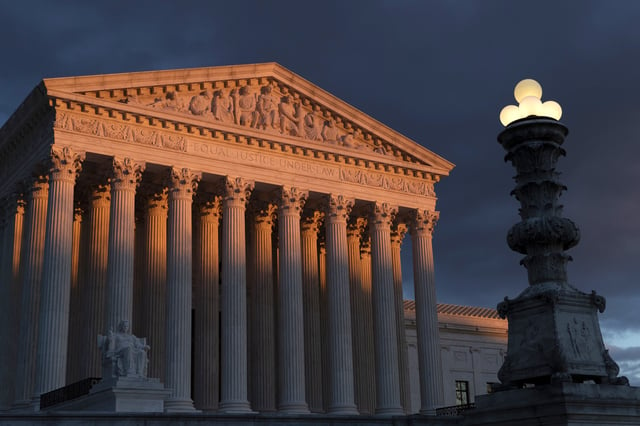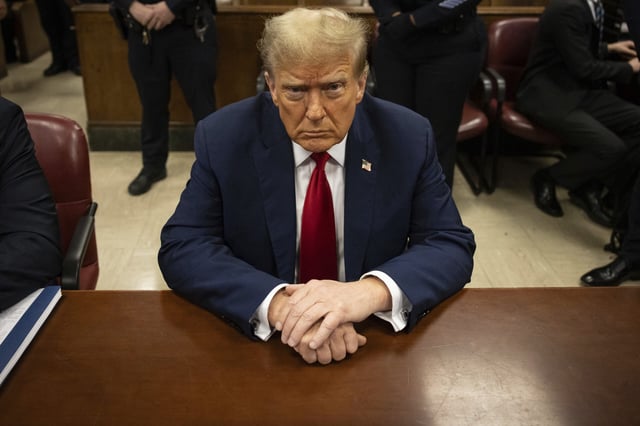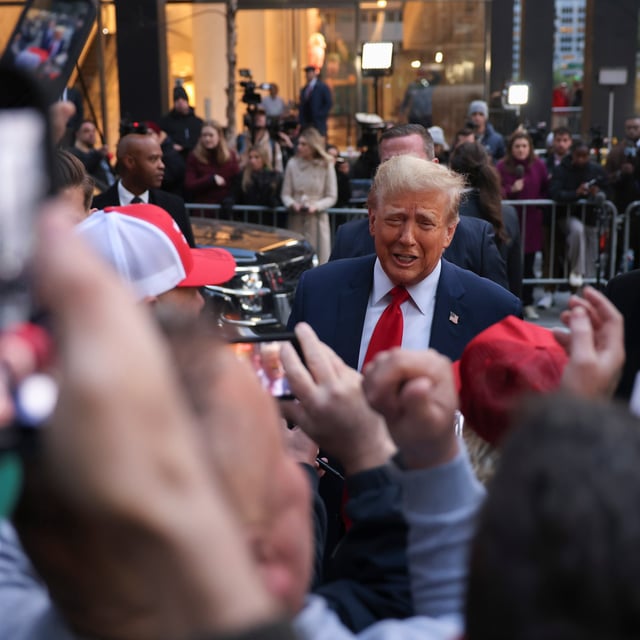Overview
- The Supreme Court heard extensive arguments on whether former President Trump can claim immunity for actions taken during his presidency, particularly concerning his efforts to overturn the 2020 election results.
- Justices expressed skepticism about granting broad immunity, with discussions on the distinction between official and private acts central to the proceedings.
- The possibility of remanding the case for additional analysis by lower courts could delay Trump's trial, potentially beyond the November election.
- Legal experts and justices debated hypothetical scenarios, including whether a president could order illegal acts like coups or assassinations under the guise of official acts.
- The decision, expected by late June, will have significant implications for the presidency and the legal accountability of future presidents.



